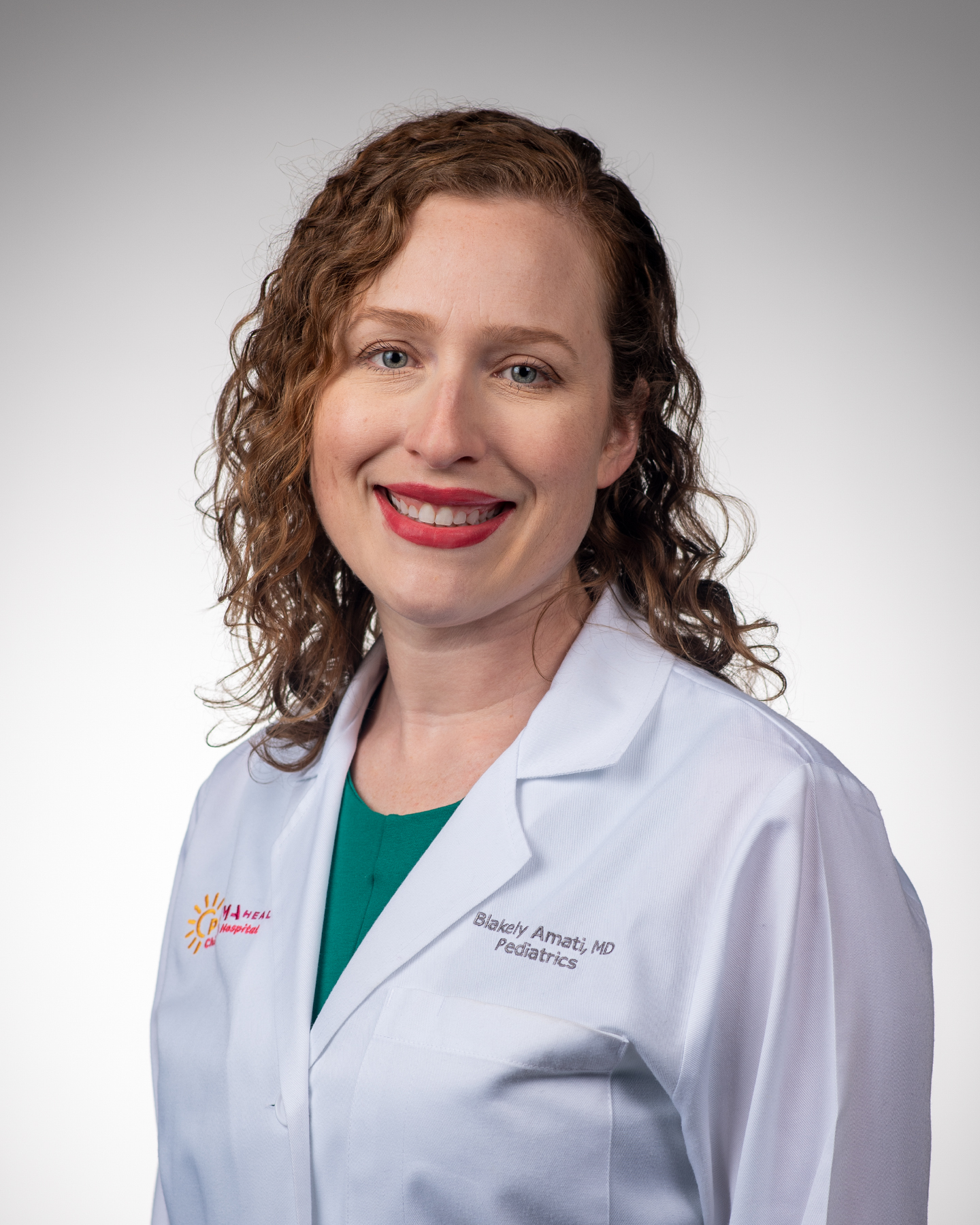Authentic Engagement, Real Impact: Using a Community First Approach to Address Food Insecurity

Blakely Amati, MD, FAAP
March 20, 2024
Imagine this: a young mother with newborn twins, facing the impossible choice of feeding herself enough healthy food to produce breast milk or feeding her older children. This heartbreaking reality highlights the difficult decisions parents experiencing food insecurity face. As pediatricians, we witness firsthand the devastating impact of limited access to healthy food on children. But we also see the incredible strength and resilience of families like the one just mentioned.
Food insecurity isn't just about a lack of food; it's about systems of injustice that create barriers to accessing nutritious options. To truly address this issue, we need to move beyond mere food distribution and work toward food equity. Achieving food equity means “every person has ready and affordable access to healthy, sustainable, nutritious, high-quality, and culturally appropriate food.” Food equity acknowledges that the same efforts won’t work in all settings and that closing gaps will require co-creating solutions within our communities, empowering individuals to use identified resources, and advocating for sustainable, systemic change.
Community partnerships are the cornerstone of this approach. In Greenville, South Carolina, where I live and work, I partnered with Mill Village Ministries, a local nonprofit social justice enterprise, to bring the FoodShare model (a bi-weekly fresh produce box program valued at $30, available for purchase for $5 SNAP benefits with a SC Healthy Bucks program match or $20 cash) to multiple neighborhoods and clinics in 2017. Each box contains applicable recipes and pairs with a “Fresh Out of the Box” Facebook Live event consisting of cooking demonstrations and nutrition education to equip clients with the knowledge and skills to prepare healthy meals.
“Seeing her thrive after connecting her to resources is a powerful reminder of the positive impact we can have through collaboration.”
Authentic engagement – meaning listening to community members, fostering trust, preserving dignity, power-sharing and using an asset-based approach – is key. I am a member of the Greenville Food Security Coalition, organized by LiveWell Greenville, which exemplifies this by incorporating a resident advisory board made up of individuals with diverse backgrounds who have the shared lived experience of food insecurity. By centering their voices and reimbursing them for their time, the coalition ensures solutions are relevant and impactful to those affected. For example, this group brought forward significant transportation concerns, which led to the development of FoodRx, a USDA grant-funded produce prescription program, which allows for home delivery of food boxes using DoorDash or Meals on Wheels volunteers. In response to the 2022 formula shortage and limited WIC appointments post-pandemic, my clinic partnered with the Food Security Coalition to launch a formula bank in collaboration with a local food bank, a local food recovery group, Sam’s Club, DHEC, and a SC Medicaid Managed Care Organization.
My experience with the mother and her twins reinforces the importance of a holistic approach. This mother was referred to our Children’s Hospital food resource navigator who provided her tailored resources: the FoodRx program, the formula bank, convenient food pantries, SC Thrive (to reapply to SNAP due to changes in financial status and follow-up on her existing WIC application), utility and rental assistance, and our Children’s Hospital diaper bank. During the one-month follow-up call, the mother shared that she was so grateful for the fresh produce delivered to her home, and that she was able to keep producing breast milk and feed her family healthy meals. The formula bank provided a month of formula, which bridged her to approval of her WIC and SNAP benefits. Addressing her immediate needs for food, formula, diapers, and financial assistance allowed her to focus on her children, as well as her health. Seeing her thrive after connecting her to resources is a powerful reminder of the positive impact we can have through collaboration.
So, what does your community need? How can we, as individuals and organizations, do better? During the 2023 AAP Community Pediatrics Training Initiative: Building Effective Ambassadors Community of Practice to Address Food Insecurity (sponsored by Share Our Strength), we discussed ways we can move beyond charity and develop authentic partnerships. We talked about how to amplify community voices and co-create solutions that not only provide food but empower families and build a just and equitable food system for all.
Here are some ways you can get involved:
- Help create/support/advocate for local food economies.
- Invest in your community financially or by volunteering your time and skills.
- Learn your local history of redlining, structural racism, and food apartheid.
- Advocate for policies that promote food access, affordability, and food sovereignty.
- Support businesses and initiatives that prioritize local, sustainable agriculture.
- Start a conversation around food justice and food equity.
Remember, each community is unique with varied challenges but also incredible assets. Let's build communities across the United States where food is not just sustenance, but a source of strength and connection.
*The views expressed in this article are those of the author, and not necessarily those of the American Academy of Pediatrics.
About the Author
Blakely Amati, MD, FAAP
Blakely Amati, MD, FAAP, is a member of the Community Pediatrics Training Initiative, the Council on Community Pediatrics, and the Section of Oral Health. She is an Assistant Professor of Pediatrics at the University of South Carolina School of Medicine Greenville and Medical Director of the Prisma Health Bradshaw Institute for Community Child Health and Advocacy. She is the SC lead for the Carolinas Collaborative and a SCAAP board member.